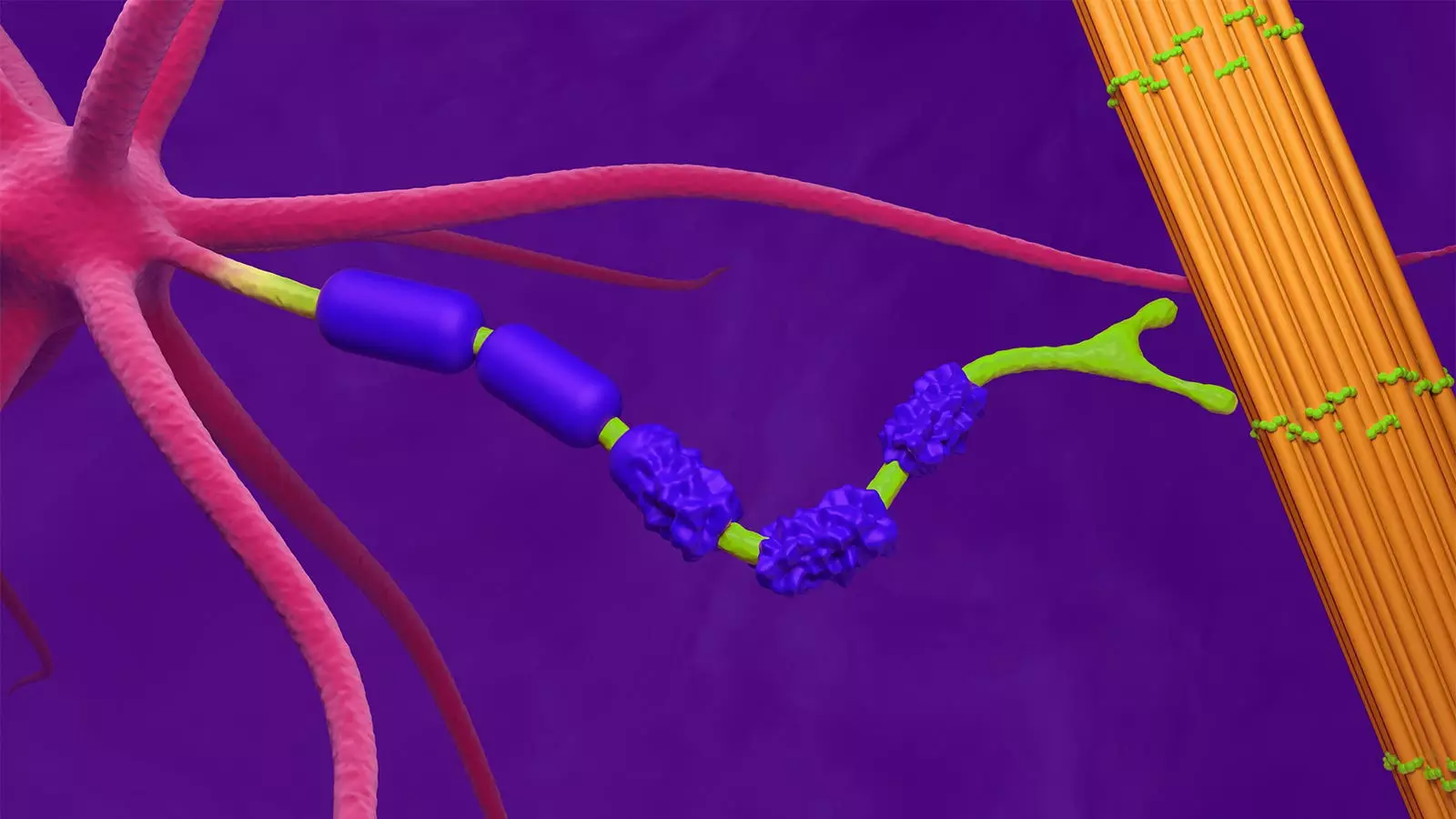Motherhood is a transformative experience that brings joy and challenges alike. For women diagnosed with multiple sclerosis (MS), the peripartum period—encompassing pregnancy and the year following childbirth—presents an additional layer of complexity. Recent research conducted in Canada has illuminated disturbing trends regarding the mental health of these women, highlighting a significantly elevated risk for mental illnesses such as depression and anxiety when compared to mothers without MS. The findings reveal that during pregnancy, approximately 42% of women with MS experience some form of mental illness, and this number escalates to over half (50.3%) in the first year postpartum. These statistics indicate that the mental health of mothers with MS is an area of critical concern, warranting heightened awareness and intervention.
The study, led by Dr. Ruth Ann Marrie and her colleagues, found that 8.4% of pregnant women with MS were newly diagnosed with mental illness during their pregnancy, a figure that surged to 14.2% in the first postpartum year. These incident cases primarily consisted of mood and anxiety disorders. Furthermore, the research suggested that the risk of developing mental illness did not remain static; rather, it increased during the postpartum period, reflected in an incidence ratio (IR) of 1.33, which indicates a notable elevation compared to women without chronic illnesses. This data poses critical questions about the support systems available for mothers facing such challenges and the potential ramifications for both maternal and child health.
Mothers with MS confronted not only a higher risk of mental illness but also a unique set of challenges that can exacerbate their conditions. The research highlighted that women with MS showed increased substance use post-birth, suggesting a coping mechanism for the overwhelming pressures of new motherhood. The study reported an alarming rise in substance use from 0.54% during pregnancy to 6% after delivery. This shift may indicate a need for targeted interventions aimed at addressing both mental health and substance abuse within this vulnerable population.
Additionally, the study found that mothers with MS compared to those with other chronic illnesses were at even greater risk of mental health issues such as depression and anxiety, which signals a crucial gap in healthcare support tailored to the needs of this demographic. The different experiences of mothers with chronic diseases underscore the importance of individualized care in managing health outcomes during the peripartum period.
Broader Implications for Child Development
The implications of untreated mental illness in mothers extend beyond their immediate well-being. Marrie and colleagues assert that maternal mental health significantly affects child development. For example, mothers with unresolved mental health issues were noted to breastfeed for shorter periods, a factor that can influence infant health and development. Furthermore, children of mothers experiencing mental health challenges have been shown to face a higher incidence of behavioral problems, delays in development, and increased healthcare utilization. This cyclical nature of mental health issues highlights an urgent need for comprehensive care that encompasses both maternal and child health.
The Need for Specialized Screening and Support
Given the concerning trends revealed by the study, it is paramount to address the gaps in perinatal care for women with MS. Dr. Lindsay Ross emphasizes that obstetric providers cannot bear the responsibility for mental health screenings alone, especially when many women with MS do not have adequate access to perinatal care. In light of the research, it is crucial for medical professionals to implement validated screening tools, such as the Edinburgh Postnatal Depression Scale, as part of standard care practices. Offering mental health screening during prenatal and postnatal visits could be transformative in identifying at-risk mothers and ensuring they receive timely intervention.
Moreover, increased collaboration among specialists—such as neurologists, obstetricians, and mental health professionals—could lead to more comprehensive care models that effectively address the multifaceted needs of mothers with MS. Building a network of support is crucial in fostering better health outcomes for mothers and their children alike.
The findings concerning the mental health risks facing mothers with MS underscore an urgent need for targeted approaches in healthcare. As studies like these become more prevalent, they serve as a call to action for healthcare providers to prioritize mental health alongside physical health during the peripartum period. By recognizing the unique challenges faced by mothers with chronic illnesses, we can work towards establishing a more supportive network that will ensure healthier outcomes for both mothers and their children. Moving forward, the integration of mental health resources into routine maternal care is not just beneficial; it is necessary for the well-being of entire families.


Leave a Reply